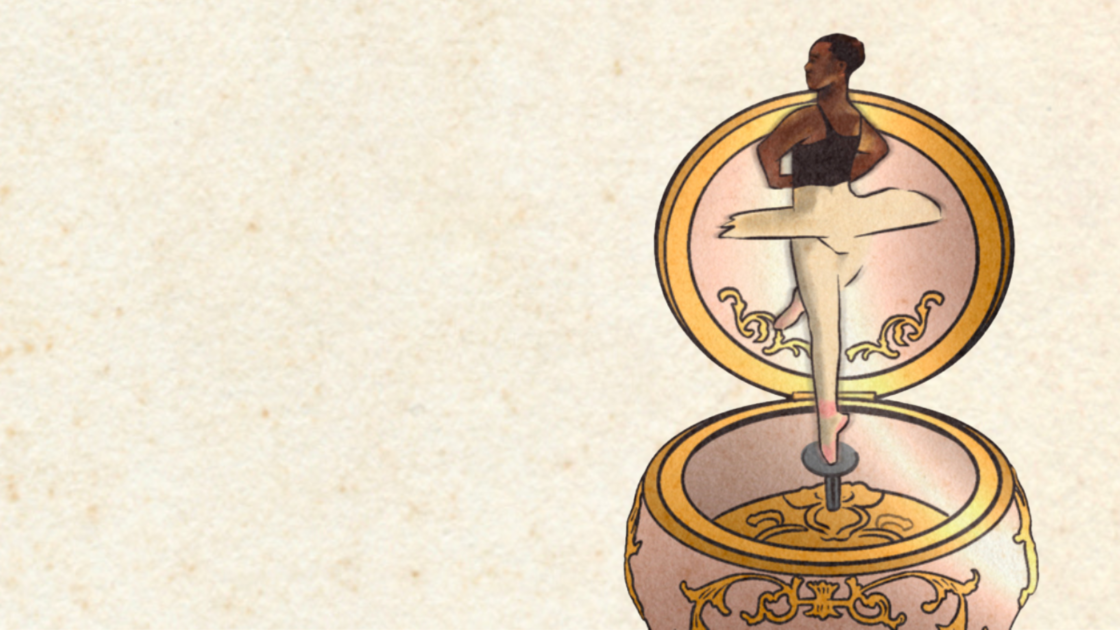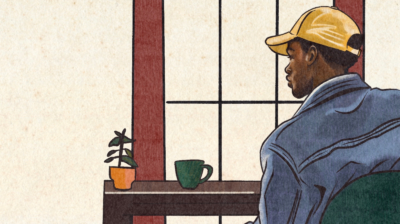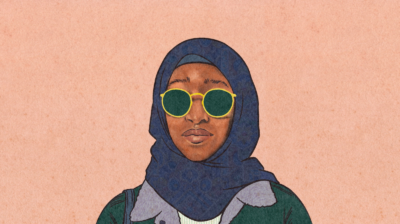Why finding resources as an immigrant in Ireland is hard
Bel shares how they persevere as an immigrant who grew up in Ireland with inaccessible resources.

I’ve had to be independent and strong since I was born. My parents always depended on me for things that everyone else would see as simple tasks. From the time I was nine years old, I set up my parents’ phones, completed their Garda vetting forms, booked appointments, and more.
The unknowns of immigrating and assimilating
When you come to a new country, have three kids and a new job you have to adapt to your new environment. You don’t know anyone so it’s difficult to know how to ask for help or even who to ask for help. It’s hard to know what to do with all of these new resources that you have access to that you’ve never had before, especially if you don’t know that these resources are available to you.
When my family and I first came to Ireland we were told about the bare essential requirements: taxes, medical cards, housing and school placements. After that, we were sent off into society with no further support. This isn’t to say that we didn’t receive welfare payments or child benefit payments but sometimes (and I can’t believe I’m saying this in a cost-of-living crisis), money isn’t enough.
The pressures of being the child of immigrant parents
When I was younger I saw all of my friends and classmates taking part in things like dance classes, sports, gymnastics, piano and so much more. Every day when I got home, I begged my parents to let me do the same. They responded by laughing awkwardly or waving off my childishness. Looking back, I realised that they didn’t know how to sign me up.
My family is Nigerian and my parents have never had any experience doing any of these things in Ireland so they depended on me to figure it out. It was a lot of pressure growing up because I was viewed as the smart one in my family, so when I didn’t know something my family would laugh, jeer, and taunt me with hurtful words. They would say things like, “If you can’t do this for me then what is the purpose of you going to school?” It was as if my only purpose in life was to serve them.
The inaccessibility of the resources I found
Around nine years old, I signed myself up for things like Irish dancing, book club and kickboxing. It was hard to find opportunities for myself and even harder still because my mom has always worked long hours, I had to walk myself everywhere. Every time I would ask for my mom to pay the yearly tuition for one of my extracurriculars, she would always ask “What are you really learning there?” This is because everything else I did was free, so why did I need to choose something that cost us money?
My parents grew up in a place where you only learned skills that would make you money, they didn’t understand the importance of going outside and making friends. After constantly doubting myself and having no support from home I eventually dropped out of everything and just focused on school, which was quite boring.
Finding the strength to use more resources
Once I grew older and became more independent, I signed up for absolutely everything. I was always the first person to put my hand up and volunteer for something. However, having all of these extra things to do didn’t come without its challenges.
As I met more people, I learned that I wasn’t the only migrant who had trouble finding activities and resources. It was nice to be with people who had similar experiences to me, however, I noticed that I was the only person of colour in the room. It felt weird, like when you look at a picture you can point at the one that’s not supposed to be there.
Even so, I find that being the only person of colour in a room can be a strength because your experiences are so unique, you have this incredible insight and perspective into situations that no one else can see. I used to think that you have to see it to believe it, but now I think that you should be it and then believe it. It’s okay to take the leap and be the first. Who knows maybe you’ll inspire others and you won’t be alone anymore.
I wish I could have started getting involved and taking part in things when I was younger. Whenever I say things like that people say it’s never too late but it feels like it is. Because even if I start today, time keeps moving forward and you can never get the time you lost back.
My hope for other migrants is that they find access to resources so that they have the opportunity to take part in opportunities, and so that they know they can be anything that they want to be. One thing that I’ve been trying to do is to turn the page and not look back, and do better today than I did yesterday.
Feeling overwhelmed and want to talk to someone?
- Get anonymous support 24/7 with our text message support service
- Connect with a trained volunteer who will listen to you, and help you to move forward feeling better
- Whatsapp us now or free-text SPUNOUT to 50808 to begin.
- Find out more about our text message support service
If you are a customer of the 48 or An Post network or cannot get through using the ‘50808’ short code please text HELLO to 086 1800 280 (standard message rates may apply). Some smaller networks do not support short codes like ‘50808’.






